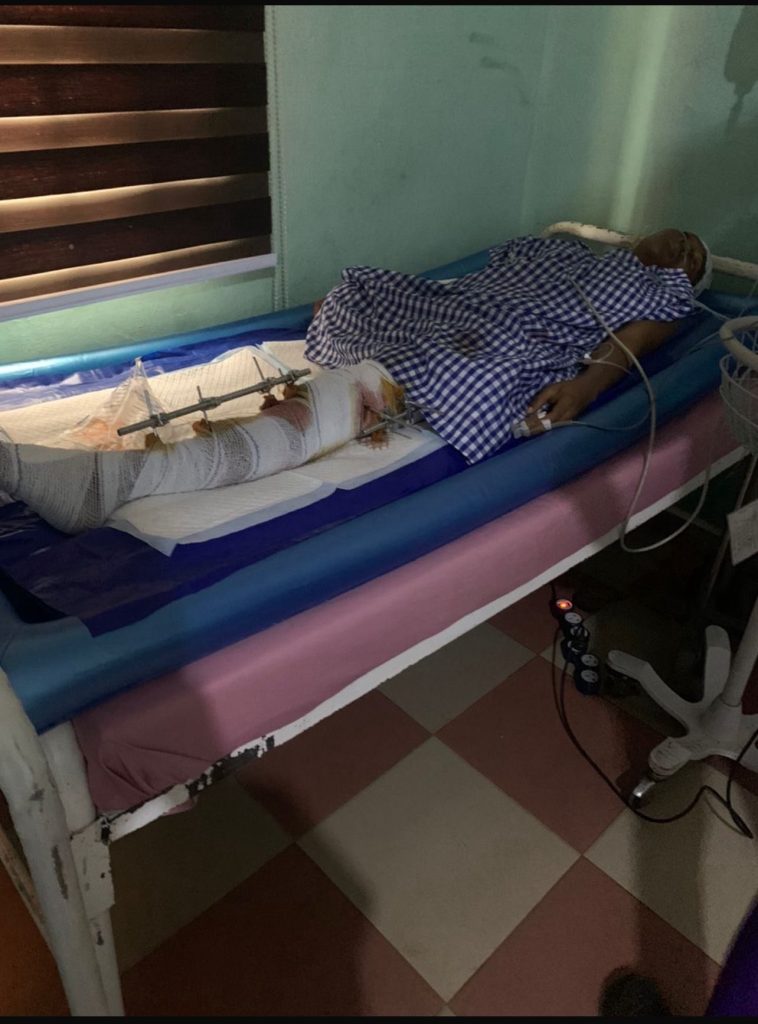
Dangote failed to treat Phyna’s sister in time and that failure deepened a national tragedy (these are the current cry of Nigerian). What began as a promise of swift medical intervention turned into a heart-wrenching reminder about how power and influence can fall tragically short.
Ruth Otabor, affectionately known as Bobo, graduated from Auchi Polytechnic just six days before tragedy struck—she was hit by a heavy-duty truck linked to the Dangote Group on August 13, 2025. The accident resulted in a leg amputation and devastating injuries to her head, hand, and chest.([turn0youtube12], [turn0search7])
Despite these catastrophic injuries, Ruth’s survival became a battle against time and systemic failure.

The Dangote Group, through its official channels, expressed regret over Ruth’s death and confirmed that they had coordinated medical evacuation plans, including arranging travel to India for advanced treatment.([turn0search0], [turn0search2])
However, according to Phyna, the reality on the ground was more distressing. The company’s initial commitment to fly her sister abroad was later downgraded to “pending medical advice,” and then it all went silent. ([turn0search7], [turn0search8])
As Phyna emotionally declared:
“I am putting my sister as Dangote’s child… if she were Dangote’s child, he wouldn’t bring her here.”
Then, after the communication broke down:
“He… has gone silent.”
Phyna’s devastation echoed across social media. Activists like Martins “VeryDarkMan” Otse challenged the system’s unequal empathy, urging Nigerians to amplify Ruth’s story, especially in light of recurring incidents involving Dangote trucks.([turn0search0])
For many Nigerians, the tragedy was another example of how systemic privilege shields the privileged from accountability. Singer Seun Kuti voiced this strongly:
“Dangote is getting away with too many evils… bodies keep piling up on our highways, yet no one is held responsible.”
([turn0search5])
Others in comment threads lamented the stark gap between Dangote’s massive capacity—like airlifting executive jets—and his inability to act swiftly to save a young graduate.([turn0search10])
In the aftermath, the Federal Road Safety Corps (FRSC) issued a statement mourning Ruth’s passing, and pledged enhanced collaboration with major fleet operators—including Dangote—to ensure stricter driver training and safer trucking practices.
Ruth’s story is not just a tragedy—it’s a national mirror. It begs the question: What happens when help comes too late, and when influence shields from accountability?
May this story prompt not just grief, but reform—for better systems, safer roads, and compassion that acts before it’s too late.